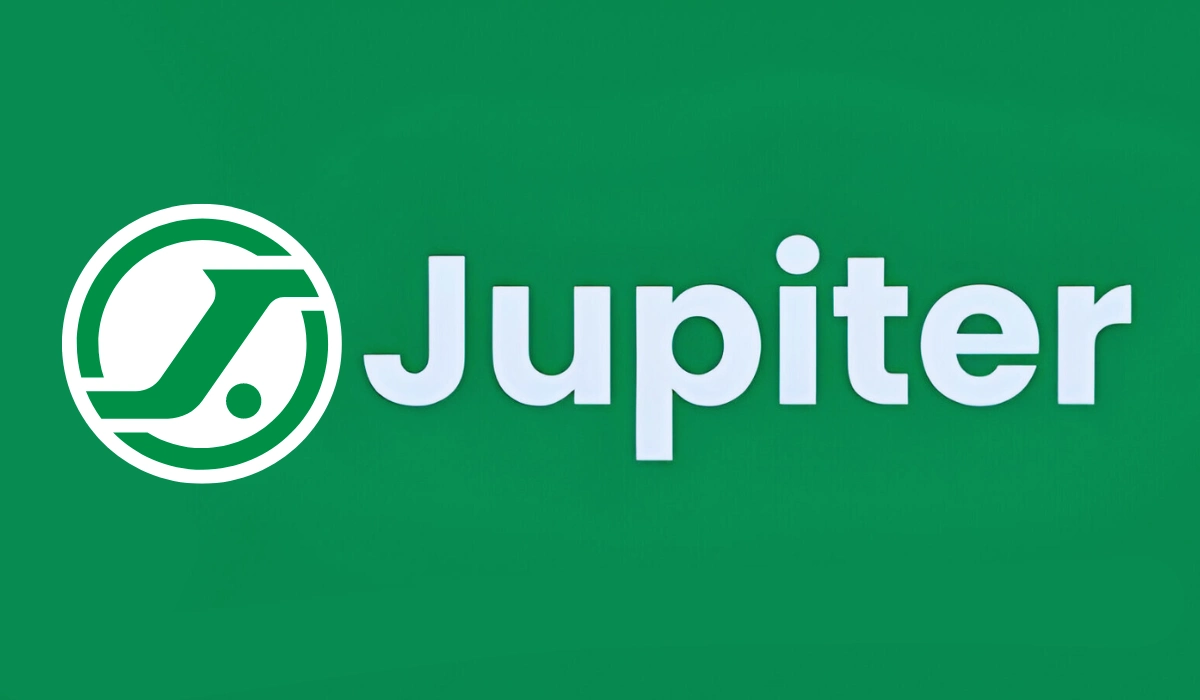Jupiter (JUP) is a popular decentralized finance (DeFi) tool on the Solana blockchain. It is a well-known liquidity aggregator on Solana and integrates various on-chain functions such as token swaps, perpetual futures trading, and decentralized stablecoins.
JUP is the native token of Jupiter, and the investors can mark their opinions on liquidity plans, token issuance, and projects to scale the ecosystem through JUP.
Jupiter has a strong community of JUP users who strongly adhere to the features of the Solana blockchain.
It is a novel approach to decentralized finance, enhanced user experience, community governance, and platform growth.
What are the main features of Jupiter?
Jupiter is a DEX aggregator. It acts as a unified platform to streamline the prices and liquidity offered by various decentralized exchanges.
Jupiter offers the best possible prices for cryptocurrency trades by scanning different DEXs and creates liquidity pools consisting of different tokens and trading possibilities.
As with any other trading platform built on the Solana blockchain, Jupiter also has low transaction fees, which makes it an affordable option for traders from all over the world.

You should be aware of the following data before investing in JUP.
- Market capitalization: $1,357,777,692
- 24-hour trading volume: $127,528,808
- Circulating supply: 1,350,000,000
- Maximum supply: 10,000,000,000
How does Jupiter work?
Crypto prices are highly volatile; they tend to change according to the market trends. So how do investors know which DEX offers a better price? That is where Jupiter comes into play.
Jupiter analyses various crypto exchanges to inform traders about the best price available and displays the best liquidity options. Jupiter calls this feature “Under the Hood”.
Jupiter employs a technique called “Smart routing to enable these functions. Jupiter not only compares prices but also routes the best possible trading pairs by analyzing the market volatility and price variations.
Jupiter uses another feature called “trade splitting” where it splits your trades into smaller trades to ease trading activities.
The market conditions decide the percentage by which large trades are split. This process ensures better pricing for large traders and those with poor liquidity.
Here is a sneak peek into how Jupiter functions.
- The users should first enter the names of the tokens they wish to trade.
- Then they should enter the amount for which they wish to conduct trade.
- Jupiter then calculates the viable routes of trade, provides quotes with the best possible combinations, and the probable number of tokens you may receive, and ranks the tokens accordingly.
- The user can select the route they would like to trade by clicking on them to initiate the swap.
- Jupiter approves the transaction and executes the trade.
Jupiter’s interface is programmed in such a way that new tokens and market trendse are automatically updated.
Jupiter (JUP) Price Prediction 2024-2030: Is it a Profitable Cryptocurrency Investment?
Any investor who is looking for the best platform to invest in will be curious to know about the price of Jupiter. This section enumerates the expected price of Jupiter in the coming years.
The current price of Jupiter is $ 1.02. Market analysts expect this price to rise by 229.28% and reach $ 3.37 by June 2024.
The upper price target for 2024 is expected to be 371.90%, which is an increase of $ 4.86.
The highest expected price of Jupiter is $ 6.57, which it is expected to reach in 2029. The expected upper limit of Jupiter’s price for the rest of the years is as follows:
- 2025 – $ 4.86
- 2026 – $ 2.73
- 2027 – $ 1.92
- 2028 – $ 3.27
- 2030 – $ 4.22
Jupiter is inclined towards bearish sentiment, as per the technical analysis indicators, with 10 indicators signaling bearish sentiments and 7 indicators showing bullish sentiments.
The fear and greed index of neutral with 48 with neutral sentiments. The 50-day SMA, which indicates the short-term change in Jupiter’s price, is $ 1.20.
Is Jupiter a Good Buy during 2024-2030?
As deducible from the above figures, Jupiter is not a profitable buy in the coming years. It shows bearish sentiments, i.e., there is a chance that investors will incur losses due to falling prices.
The 50-day SMA is not worth looking up to, there is no price hike expected in the short term. Therefore investors should analyze the market trends, price history, and on-chain developmental activities before investing in Jupiter.







